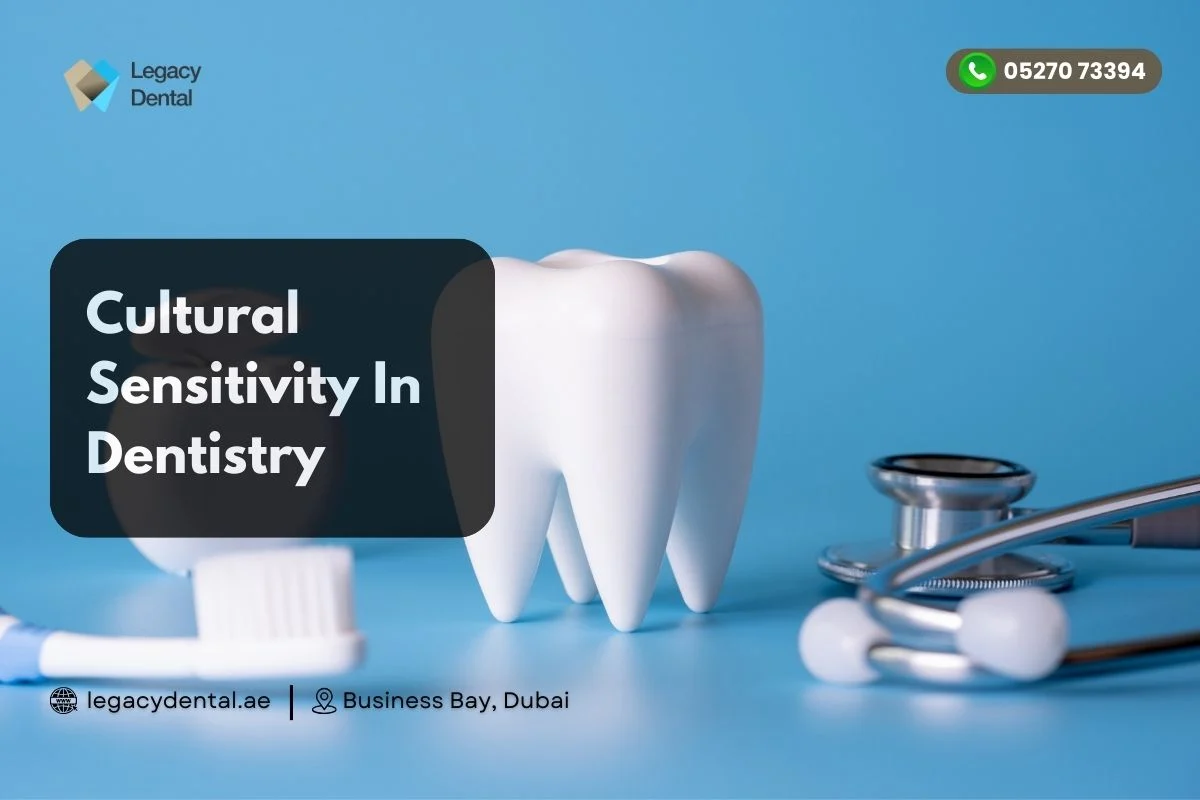In dentistry, like many other healthcare fields, we encounter patients from diverse cultural
backgrounds. Whether in the multicultural societies we live in or during outreach in remote
locations, dentists are exposed to people with varying beliefs and ideologies on healthcare
and beauty which are influenced by culture.
Adopting cultural sensitivity in dentistry is crucial for providing equitable, effective, and
respectful care to all patients. But what does cultural sensitivity mean? Cultural sensitivity in
dentistry involves recognizing and respecting the cultural beliefs, values, customs, and
practices of patients. It requires understanding how cultural factors may influence oral
health beliefs, behaviors, and treatment preferences. Dentists and dental professionals
must strive to create inclusive and welcoming environments where patients feel understood
and respected regardless of their cultural background.
In the clinical setting, both dentists and patients face various challenges including language barriers, differing oral health beliefs and practices, socio-economic disparities, and limited access to dental care among certain ethnic or cultural groups. These challenges can affect communication, treatment outcomes, and patient satisfaction. Dentists need to be aware of these challenges and employ culturally sensitive approaches to overcome them.
Let’s consider some of the ways in which Dental professionals can incorporate cultural
sensitivity into their daily practice.
- Dental professionals should undergo cultural competence training to enhance their
understanding of diverse cultures and improve communication skills. - Providing interpretation services or hiring multilingual staff can help bridge
communication gaps with non-English-speaking patients. - Dentists should respect cultural practices related to oral health, dietary habits,
beauty standards and traditional remedies while providing evidence-based care. - Educating patients about oral health in culturally relevant ways can increase their
understanding and compliance with treatment recommendations. - Engaging with diverse communities through outreach programs can improve access
to dental care and promote oral health awareness.
In conclusion, cultural sensitivity is integral to providing patient-centered care in dentistry.
By understanding and respecting the cultural diversity of patients, dental professionals can
enhance communication, build trust, and improve treatment outcomes. Embracing cultural
sensitivity promotes inclusivity and ensures that all patients receive high-quality dental care
tailored to their individual needs.
About the author: Dr. Samra Khalid is a Kenyan dentist who has studied and practiced in
various countries around the world. She feels passionately about her charity work and has
attended and organized the masaai outreach program in conjunction with the world dental
health organization in Kenya.

